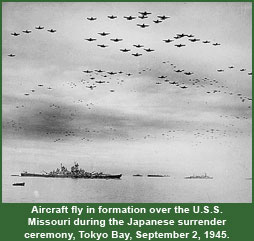Unkotare
Diamond Member
- Aug 16, 2011
- 129,774
- 24,879
- 2,180
Who has said "about to"? If you are confident in your position, why would you feel the need to resort to a straw man?I’ve yet to hear one alternative from any revisionist that didn’t include absurd lies like Japan was about to surrender anyway.
And you constantly shift to cover for your ignorance/lies.



